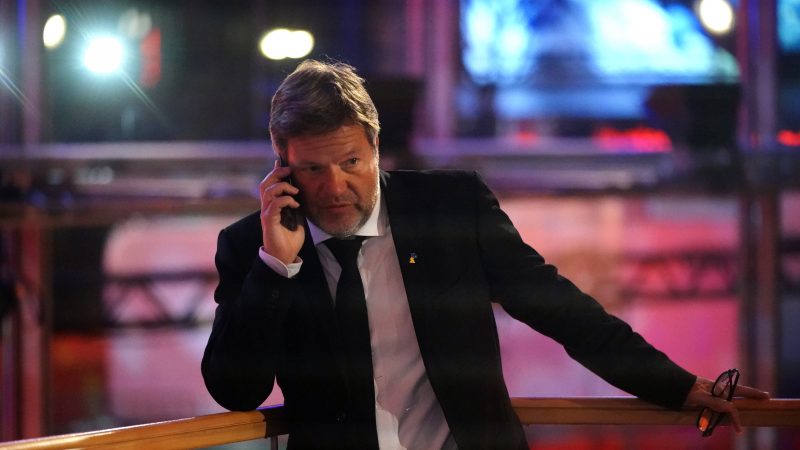As Brussels works to reform the EU’s electricity market with the backing of France and Spain, Germany is pushing to delay the overhaul until after the 2024 EU elections.
In view of the record prices in 2022, there were increasing calls for a reform of the European electricity market. This should reduce the impact of gas prices on the electricity market and ensure that low electricity costs are passed on to consumers.
Commission President Ursula von der Leyen has made the reform a priority and launched a consultation in January. A concrete proposal is expected for March 14th.
However, it is not to be expected that Berlin will support a comprehensive electricity reform. This requires detailed consultations in Germany and the traffic light, which have not yet been completed.
“I think it would be wrong if very far-reaching market interventions suddenly came out of the cold kitchen or shot from the hip,” said Vice Chancellor Robert Habeck on Monday (February 20) in Berlin. He urged the commission to slow down the process.
“I think the European Commission will soon be submitting proposals on how to secure the energy market in the short term,” added Habeck. However, she should not go beyond that.
A real, far-reaching reform of the design of the EU electricity market “will, I think, only be taken up at full speed at European level after the European elections,” said Habeck.
On Monday, the federal government set up its working group, the “Climate-neutral electricity system” platform. This is a working group that is to work out the German position on the electricity market reform.
“We will present a report in the summer that will already contain substantial results. The work will then continue and a winter report will be prepared,” Habeck said in relation to the working group’s schedule.
It is therefore not to be expected that Germany will make a concrete contribution to the debate before the Commission’s proposal in March.
Heart Chamber of The European Electricity System
Habeck has also repeatedly emphasized Germany’s role as the “heart chamber of the European electricity system” due to its geographical location.
“An operation or work on the heart rhythm system of the energy transition, in the heart chamber, is a big challenge,” he warned.
Earlier, Germany, together with Denmark and other countries, had sent a joint letter to the European Commission to warn them against setting too high goals in the electricity market reform.
The countries argued that hasty reform in “crisis mode” could, among other things, endanger the expansion of renewable energies in the long term.
This article is originally published on euractiv.de









